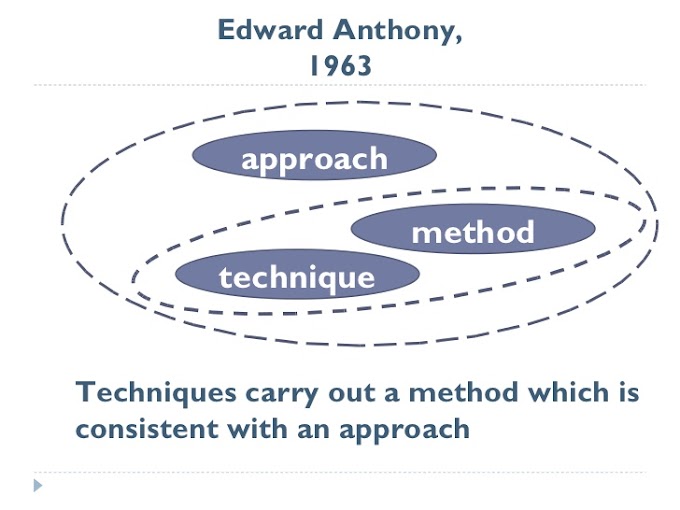 |
| "Elegy Written In country Churchyard" as a pastoral elegy |
According to H. M. Abrams, the elegy is “A formal and sustained lament in verse for the death of a particular person, usually ending in a consolation.” It is a kind of lyric, meditative in nature. It begins with a description of a gloomy atmosphere that sets the mood of mourning.
“Elegy Written in a Country Churchyard” is a famous pastoral elegy that deals with the mortality of human beings in General and the decay of a cherished way of life in particular. It has a pastoral setting, melancholic enough to sustain the grief of the mourner. However, instead of the death of a particular person, it mourns the death of the poor villagers and their simple way of life. It ends traditionally with consolation like any other elegy. In every consideration, it is a unique elegy in English.
An elegy begins with the description of nature reflecting a gloomy atmosphere that matches well with the sorrowful mood of the mourners. Similarly, “Elegy Written in a Country Churchyard” sets the elegiac mood in the first three stanzas in keeping with the convention of the elegy. The parting day, “lowing herd”, weary plowman, ”glimmering landscape”, droning of beetles, hooting of the owl, are all used to create an atmosphere that adequately reflects the desired sorrowful mood suitable for the mourner.
Then, following the tradition, the mourner reveals that he is sorrowful because of the dead villagers buried in the country churchyard. This revelation is followed by a description of the simple pastoral life of the poor villagers. The humble lifestyle of the villagers praised between the fourth and seventh stanzas demands sympathy and respect.
Next, the mourner speaker accuses the ambitious rich people neglecting these poor villagers and censuring their pompous way life. This expression of dissatisfaction at the present way of life is another convention of the elegy. After this criticism of the rich, Gray refers to the universal law of death and the ultimate desire of every human heart.
But Gray digresses from the tradition in that he passes on from the villagers to his own fate. He anticipates his own death and hopes that a shepherd will be his mourner. Thus, he merges the universal with the particular. However, he follows the elegiac tradition in closing the poem with consolation. He consoles himself expecting God’s forgiveness after his death.
“Elegy Written in a Country Churchyard” is, therefore, an exceptional elegy. It follows the tradition of the pastoral elegy in creating a congenial setting, appreciating the life of the dead, censoring the decay of traditional values, and ending the poem with consolation. But Gray deviates from the tradition in allowing the mourner to lament for all the dead villagers instead of a particular person, in anticipating his own death and his own mourner.
An elegy begins with the description of nature reflecting a gloomy atmosphere that matches well with the sorrowful mood of the mourners. Similarly, “Elegy Written in a Country Churchyard” sets the elegiac mood in the first three stanzas in keeping with the convention of the elegy. The parting day, “lowing herd”, weary plowman, ”glimmering landscape”, droning of beetles, hooting of the owl, are all used to create an atmosphere that adequately reflects the desired sorrowful mood suitable for the mourner.
Then, following the tradition, the mourner reveals that he is sorrowful because of the dead villagers buried in the country churchyard. This revelation is followed by a description of the simple pastoral life of the poor villagers. The humble lifestyle of the villagers praised between the fourth and seventh stanzas demands sympathy and respect.
Next, the mourner speaker accuses the ambitious rich people neglecting these poor villagers and censuring their pompous way life. This expression of dissatisfaction at the present way of life is another convention of the elegy. After this criticism of the rich, Gray refers to the universal law of death and the ultimate desire of every human heart.
But Gray digresses from the tradition in that he passes on from the villagers to his own fate. He anticipates his own death and hopes that a shepherd will be his mourner. Thus, he merges the universal with the particular. However, he follows the elegiac tradition in closing the poem with consolation. He consoles himself expecting God’s forgiveness after his death.
“Elegy Written in a Country Churchyard” is, therefore, an exceptional elegy. It follows the tradition of the pastoral elegy in creating a congenial setting, appreciating the life of the dead, censoring the decay of traditional values, and ending the poem with consolation. But Gray deviates from the tradition in allowing the mourner to lament for all the dead villagers instead of a particular person, in anticipating his own death and his own mourner.



0 Comments